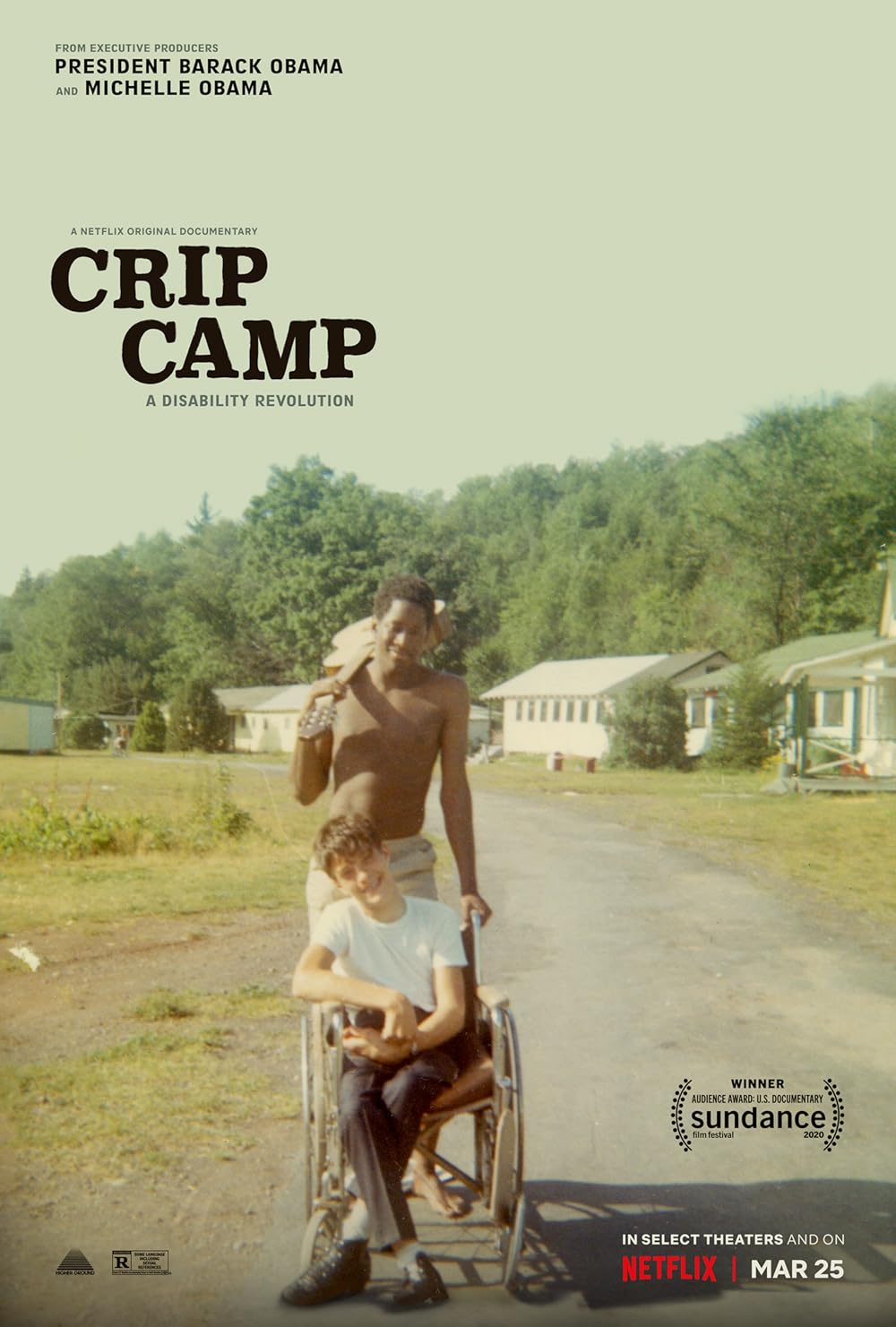Judith Heumann arrived at the CIL in 1975. She was then a charismatic 27-year-old from the boroughs of New York who had polio as a child. She’d been invited to serve as the center’s deputy director by its founder, Ed Roberts, a former Berkeley student who had been instrumental in pushing the university to provide services for disabled students at a time when there were none. Heumann was already a seasoned activist. Like Roberts, while still in college she had educated, agitated, and organized to win such basic campus accommodations as wheelchair ramps and the right to live in a dorm room like other students. She’d sued the Board of Education of the City of New York for denying her a teaching credential on the basis of her disability, and successfully settled out of court to become the first wheelchair user to teach in the city’s public schools. Building on these victories, Heumann founded Disabled in Action in 1970, and soon found herself at the forefront of a burgeoning movement.
Crip Camp offers its viewers their first glimpse of Heumann in stunning archival footage from the early 1970s, shot by the People’s Video Theater, that documents the staff and residents of Camp Jened, a summer retreat for people with disabilities near the Catskills Mountain town of Hunter, New York. Once owned by the United Cerebral Palsy Association and serving since the late 1940s as a getaway for people with cerebral palsy, autism, and Down syndrome, by the 1960s Camp Jened had become a hotbed for radical approaches to disability. Its practices were informed by the social movements of the day—as well as the countercultural ethos that infused the storied music festival in nearby Woodstock during the summer of 1969.
Without minimizing the kind of suffering that can attend some disabling physical conditions, or romanticizing the daily survival of individual people with disabilities as an especially brave or heroic way of being, something utopian is clearly visible in the footage of Camp Jened for anyone who yearns for a social order built on egalitarianism, respect for difference, attention to actual needs, and practices of mutual care. Staff and residents alike are racially integrated. Hierarchies between campers, counselors, and administrators appear nonexistent. Routine acts of kindness, compassion, and acceptance abound.
Norms of gender and sexuality, as well as common social etiquette about touching and physical intimacy, soften in response to basic human needs. Young people goof around, flirt, fall in love; they express outrage over the injustices of the world and dream of a better future. And right in the middle of it all is a perky Judy Heumann, former camper turned counselor, enacting the disability movement credo of “nothing about us without us” as she leads a group of residents in planning their menu through a collective decision-making process.

